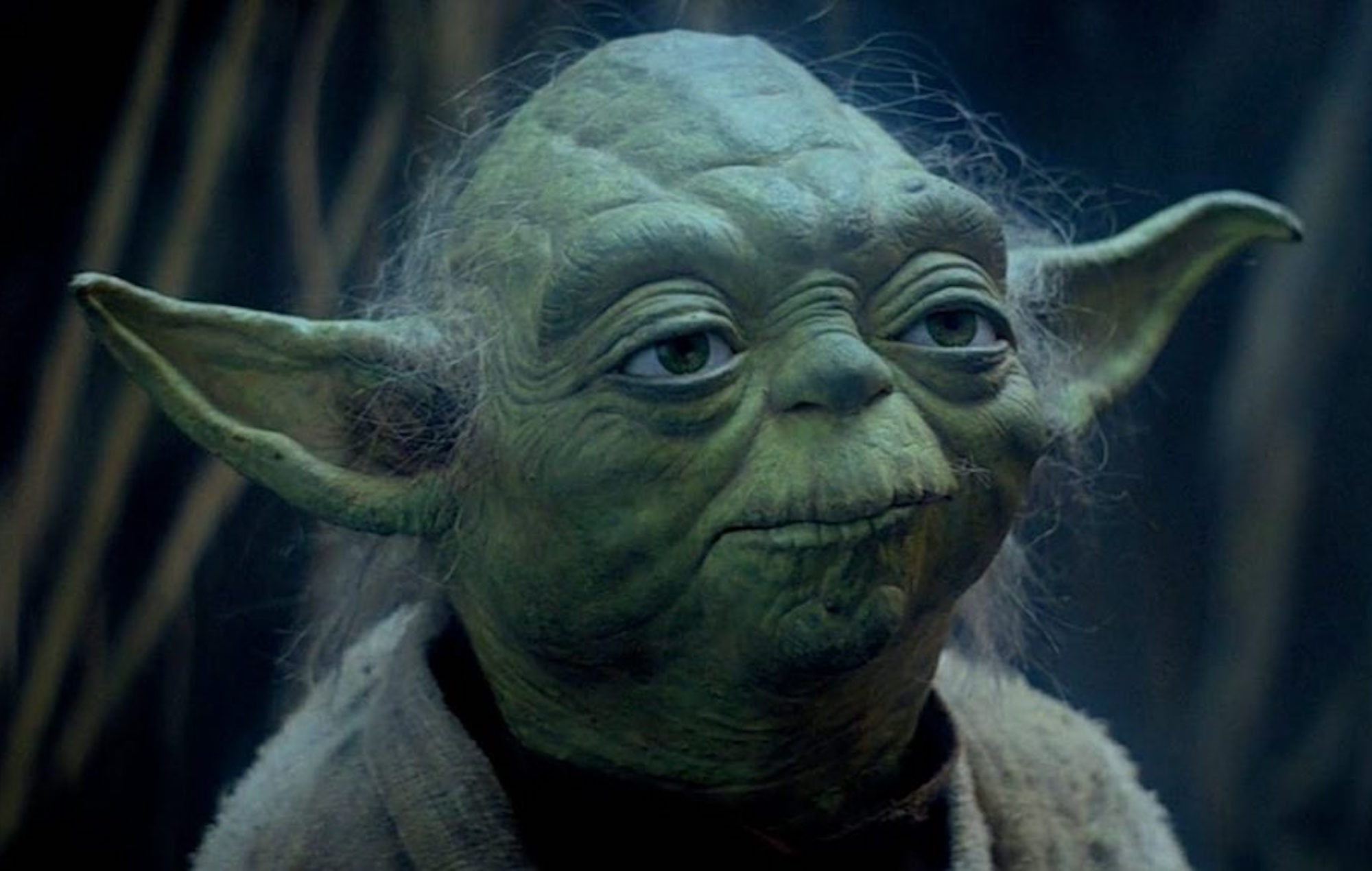Table of Contents
Image C/O Magnetic Artist Entel Whose Music You Can Stream Below
You ever sit down to work on a track, and nothing’s clicking? Maybe your mix feels off, or your inspiration is completely MIA. It’s something every producer goes through—those moments where no matter how hard you try, it feels like you’re hitting a wall. Creative setbacks are just part of the music production game, but they tend to get a bad rep.
What if we flipped the script? Instead of seeing these hurdles as roadblocks, what if they were the key to getting better? Setbacks challenge us to rethink, experiment, and push ourselves, leading to stronger, more unique music. In this article, I want to explore how embracing these creative challenges can take your production to the next level.
Understanding Creative Setbacks
So what do we mean by “creative setbacks”?
These can be anything from writer’s block to a technical issue that throws you off your game. Maybe you’re working on a beat and can’t quite get the bass to sit right in the mix, or the track just isn’t coming together the way you imagined. It’s frustrating, but it’s something we’ve all faced as producers.
The most common setbacks usually revolve around arrangement and mixing. You might have a killer 16-bar loop, but turning that into a full track? That’s when things get tricky. Then there’s the inevitable tech failures—software crashes, hardware malfunctions—you name it. These issues can stop a session dead in its tracks.
And when you’re in the middle of a setback, it feels discouraging. There’s this pressure to always be moving forward, cranking out successful tracks, and setbacks can make it feel like you’re not doing enough. But here’s the thing: these moments of frustration are where growth happens.
Reframing Setbacks as Opportunities
Here’s where the mindset shift comes in. If we start looking at setbacks as moments to learn, rather than something to avoid, we change the game. Every time you hit a wall, there’s something new to discover—whether it’s a technical trick, a new workflow, or even just learning what doesn’t work for you.
You can see this in how some of the top producers approach their work. Many of them hit creative walls too, but instead of getting stuck, they lean into it. They take it as an opportunity to try something new, whether it’s experimenting with a different genre, or flipping their usual process. The point is, they’re not afraid to let the challenge push them.
And then there’s the beauty of unexpected moments. Sometimes, what feels like a mistake—a wrong note or a weird sound—turns into something special. These “happy accidents” are often where real creativity happens. Setbacks can lead to breakthroughs, and sometimes the track ends up way better than you planned.
How Setbacks Spark Creativity
When everything is going smoothly, it’s easy to stick to the same patterns. But when a problem comes up, you’re forced to think differently. Maybe you’re trying to recreate a sound and can’t quite nail it, so you experiment with different tools or techniques. Suddenly, you’re creating something totally new and fresh, all because of that initial setback.
Setbacks also help us break free from habits. We all have go-to methods when producing, but they can become limiting if you rely on them too much. When things aren’t working, it forces you to get creative. You’re not just repeating the same steps over and over—you’re evolving.
There are countless examples of tracks that wouldn’t have existed without some sort of challenge along the way. Sometimes the very thing that feels like a problem ends up being the catalyst for something amazing. That’s why setbacks aren’t just bumps in the road—they’re opportunities for creativity to take over.
Practical Strategies for Using Setbacks to Improve Your Music
Step one: don’t fight the setback. Lean into it.
If your track isn’t working, let it be an opportunity to explore something new. Maybe you’ve been working with the same sounds for too long—use this moment to dig into a different sample pack or try out a new plugin. The key is to keep moving, even if it feels like you’re stuck.
Step two: experiment.
One of the best ways to break out of a creative rut is to switch things up. Try a new workflow, use a different DAW, or work within a different genre. When you stop focusing on perfection and allow yourself to play, you’ll be surprised at the ideas that come through.
Step three: focus on small wins.
Don’t stress about finishing an entire track if you’re struggling. Instead, aim for small improvements—a cleaner kick, a better transition, a more interesting melody. These little victories will build momentum, and before you know it, you’ll be back in the zone.
Step four: collaborate.
Getting stuck in your own head can be one of the biggest setbacks. When that happens, bringing in another producer or musician can help. They might have a perspective or idea you hadn’t considered, and that can be just the thing to break the creative block.
Step five: take breaks.
Sometimes, the best way to move forward is to step away. Come back to your project later with fresh ears and a clear mind. Giving yourself that space can help you see the track in a new light, and the solution might be more obvious than you thought.
Long-Term Benefits of Creative Setbacks
Over time, setbacks help build resilience.
The more you face creative challenges, the better you get at dealing with them. Each time you push through, you’re adding another tool to your belt. The more tools you have, the better you can navigate future challenges in your music production.
These setbacks also expand your creative abilities. By working through issues, you naturally develop new techniques and approaches. Maybe you had to figure out a workaround for a technical problem, but now you’ve got a new trick to use in your next project. Every setback adds to your skills, even if it doesn’t feel like it at the time.
Lastly, setbacks increase self-awareness. When you hit a roadblock, you learn a lot about your creative process—what works, what doesn’t, and how to streamline things for next time. This understanding is crucial to improving as a producer. It helps you refine your workflow and ultimately create better music.
Conclusion
Creative setbacks are inevitable, but they don’t have to be negative. When we start seeing them as opportunities to grow, experiment, and push ourselves, they become one of the most valuable parts of the music production process. Every time you hit a wall, it’s a chance to learn something new, develop your sound, and make your tracks even better.
So next time you’re stuck, remember: it’s not the end of the road, it’s just the beginning of something new. Embrace the challenge, stay curious, and let the setbacks lead you to better music.
The post The Truth About Setbacks: Why They Make You a Better Producer appeared first on Magnetic Magazine.



